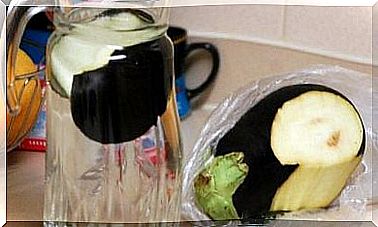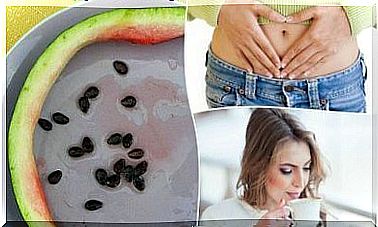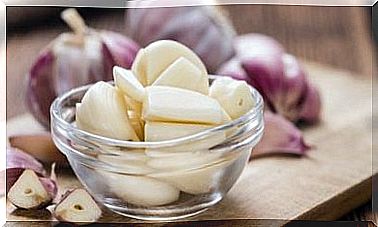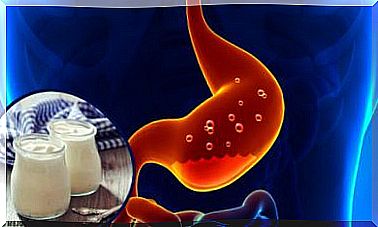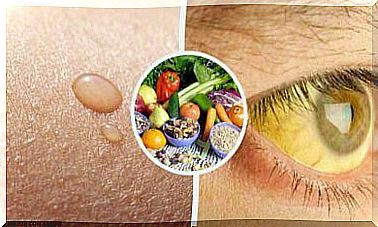This Bacterium Causes Pain, Bloating And Diarrhea
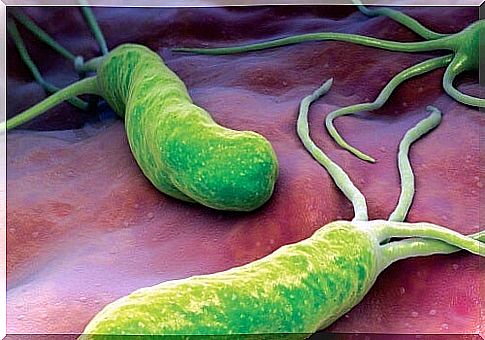
It is difficult to understand how such a small microorganism, a bacterium, can cause so much harm.
We are talking about Helicobacter pylori . It was first discovered and described in 1983 and caught the attention of the public because of how aggressively it attacked its victims and how difficult it was to get rid of it again.
H. pylori is spread by direct contact. It immediately settles in the stomach or duodenum, causing major disturbances.
Many people think that this bacterium is more common in poor countries where sanitation is not always in good condition.
While it is true that the infection occurs more frequently in these areas, no one can know for sure. It is quite painful to get sick with H. pylori as it can lead to chronic stomach ulcers or other dangerous sores.
We will explain how you can treat and prevent it.
How is this bacterium, Helicobacter Pylori, spread?
To this date, doctors and scientists are not sure what causes this bacteria to spread into our bodies. However, given its infectivity, there are some common factors:
- This bacterium is usually found during childhood. It is at this stage that we are most vulnerable to bacteria and infections.
- Doctors tell us that almost 60% of the population already has this pathogen inside their bodies in its asymptomatic form. It can remain in the body all our lives without causing any harm.
- It is transmitted from person to person through contact and through contaminated water and food.
- Some never experience any symptoms while others, after reaching a certain age, will start to suffer from gastritis, stomach ulcers, pain and acid regurgitation…
- Another factor to keep in mind is that according to several studies, the bacterium H. pylori is in some cases associated with certain types of stomach cancer such as gastric lymphoma. This is a really important fact to be aware of.
Symptoms of the presence of H. pylori in your body
As we have mentioned above, this bacterium usually does not show any symptoms or signs of discomfort.
However, if you want to know for sure if this organism is inside you, you should consult your doctor so that he can perform appropriate tests.
These tests consist of analyzing the patient’s breathing after ingestion of a liquid containing a non-radioactive isotope. If the bacteria are present in the body, it will convert urea to carbon dioxide and ammonia.
The carbon dioxide passes into the blood and is excreted by the lungs, where it is detected in the breath.
If you are already suffering from digestive problems, your doctor may suggest an endoscopy to examine the inside of your stomach.
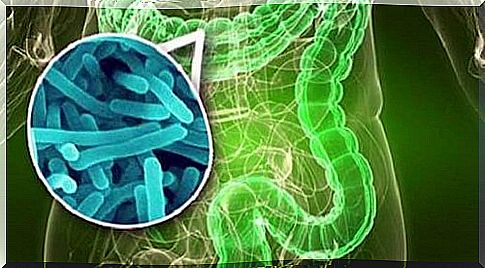
However, if this bacterium is present in your gut, certain problems are more likely to occur after 40 years, which may give you a clue as to its presence:
- Discomfort in the stomach
- Air in the stomach
- Stomach distention
- Feeling full after eating very little
- Bad breath
- Nausea and vomiting
- Fatigue
- Dark stools or anemia (from wounds that cause damage to the stomach wall)
Treatment of Helicobacter pylori

1. Are antibiotics appropriate?
Antibiotic treatment is something that your doctor has to decide if it is relevant to your diagnosis and your needs. However, it seems that patients infected with H. pylori have become resistant to antibiotics in recent years.
You should always trust the doctor’s opinion and see how your condition progresses.
Foods with antibiotic properties
To fight this type of bacteria, you will want to increase your consumption of foods with antibiotic properties such as:
- Garlic
- Onion
- Echinacea
- Ginger
- Thyme
- Rosemary
- Mint
- Honey
Probiotics
Regular consumption of probiotics is essential for your daily health. While it is true that they will not destroy H. pylori, lacobacilli and bifidus will inhibit its infectious action while improving your well-being.
Foods such as kefir and white yogurt will help you avoid dyspepsia, nausea and headaches.
Verbena essential oil
One can take a tablespoon in the morning dissolved in a glass of water. It has many benefits:
- Digestive
- Relaxing
- Reduces aggression in an H. pylori infection in the body.
Propolis
Propolis is an excellent antibiotic and a natural bactericide that enhances the body’s natural defenses. It is great for treating infections and gastritis.
Oddly enough, bees use it to protect their hive from infections.
You should consult your doctor before taking propolis. Keep in mind that it is always best to start slowly and not to consume it for too long.
Other foods that can help you
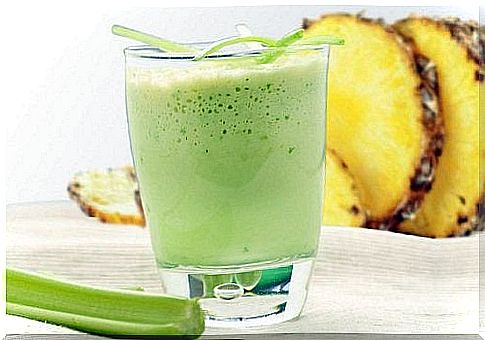
- Broccoli
- Ginger
- Cumin
- Cabbage
- Raw, chopped potato
- Celery
- Carrots
- Pineapples
- If you do not suffer from ulcers or gastritis, you can take a tablespoon of apple cider vinegar dissolved in a glass of water.
